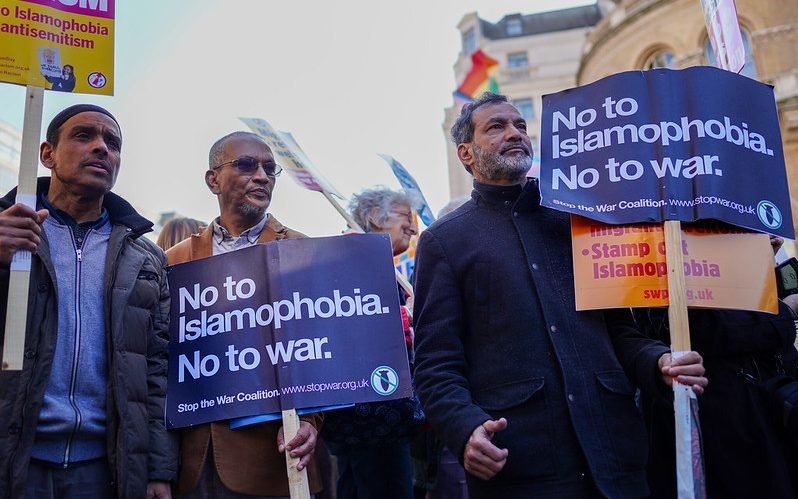By Gabriel Ahmanideen
In the aftermath of the war on terror, mosques have become targets for hate groups, leveraging online platforms to amplify global anti-mosque campaigns. These groups link local protestors with international hate networks, fuelling both online and offline (i.e., onsite) anti-mosque campaigns. Thoroughly reviewing the literature addressing the interaction between online and offline Islamophobia and introducing an anti-mosque social media page instilling the public with online and offline anti-mosque hate, this article suggests a strong interaction between online and offline Islamophobia. In the provided case study from the Stop Mosque Bendigo (SMB), purposeful sampling was used to collect postings before and after the Christchurch Mosque attacks to analyse the evolution of online anti-mosque campaigns in tandem with real-life hate cases. The literature and the case study reveal the interaction between local and global, digital, and physical realms, as well as the convergence of everyday racism with extremist far-right ideologies like the Great Replacement theory. Relying on the present literature and indicative findings, the article advocates for systematic investigations to uncover the direct connection between online hate and physical attacks and urges closer monitoring and accountability for those online platforms and social media pages apparently contributing to onsite hate-driven actions.
Australia, Sociology Compass. 2023, 14pg



